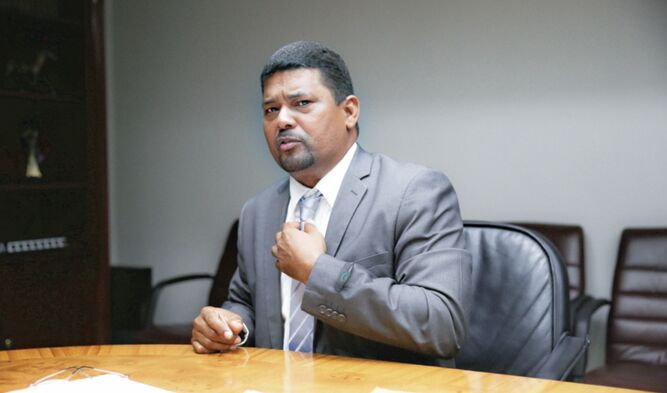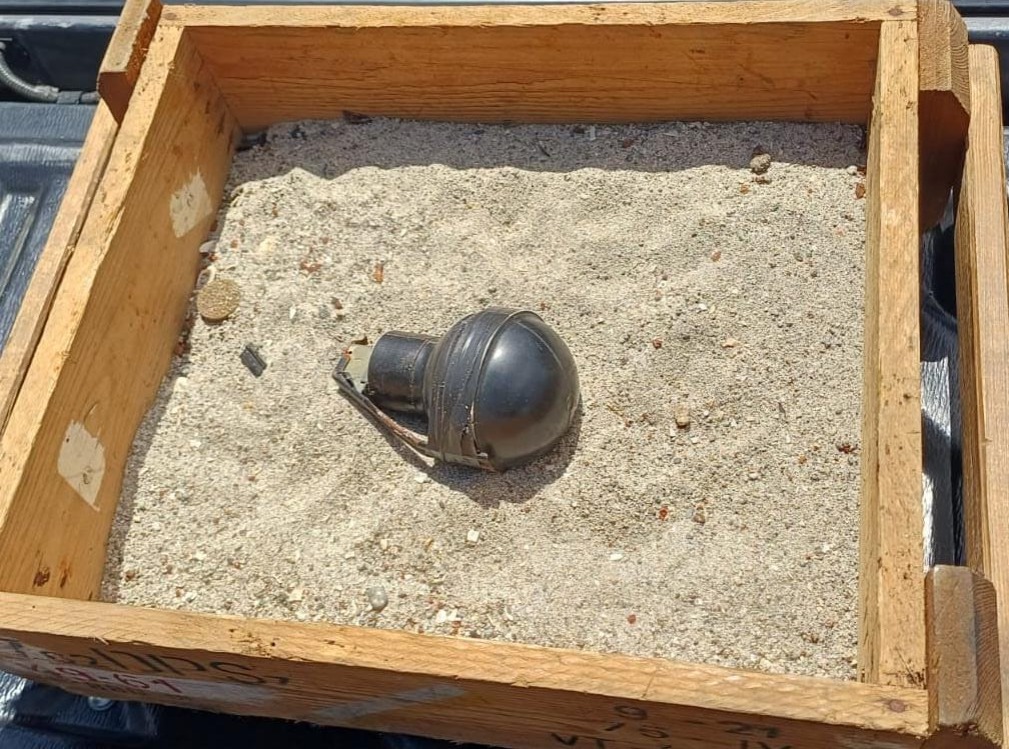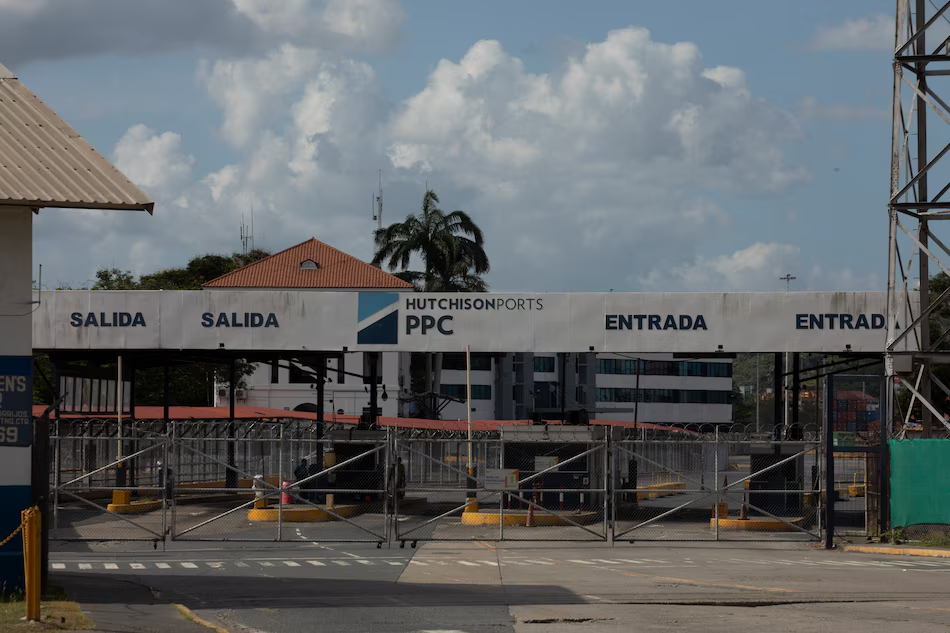Whistle blower lawyer asked to “negotiate” with judges

The president of the Cooperative of Multiple Services “San Antonio”, RL (Cacsa), Serafín González, denied that he or Cacsa have asked a lawyer to negotiate with a judge a ruling in favor of Cacsa in a civil lawsuit says a La Prensa report
.”Negotiating with justice” to obtain a ruling in favor of the Cooperative of Multiple Services “San Antonio”, RL (Cacsa) – in a legal dispute with the businessman Luis Muñoz – was one of the requirements of the cooperative body, according to the testimony of a lawyer who submitted an offer to represent Cacsa in the lawsuit.
Edna Ramos declared before the Anti-Corruption Prosecutor that Cacsa executives asked her to “directly” carry out “fault negotiations” and “go talk to the magistrates” to guarantee a ruling in favor of the cooperative.
One of those who insisted – she said – was Edilberto Arjona, at that time, director of Legal Advice of Cacsa.
She said that this requirement was made at a meeting of the board of directors of Cacsa, on March 9, in one of the offices of the cooperative located on Cuba Avenue. “At that meeting, again some units [of Cacsa] insisted on the same thing that Arjona had asked: to guarantee the favorable ruling for Casca.” But the lawyer says she rejected that claim.
Ramos revealed that she was asked technical questions that she answered, but that when they spoke directly of negotiating rulings, of talking with the magistrates, she got the impression “that was what they wanted […] and I am not paid for that, I get paid to fight in law,” she said.
Ramos revealed – chronologically – how Cacsa executives tried to condition their hiring for $2.5 million to represent them in an appeal that the Cooperative had already presented before the First Civil Chamber of the Supreme Court, in a process promoted by businessman Luis Muñoz vs. Cacsa.
Ramos said that in February – she was contacted by a lawyer who told her about the cassation filed by Cacsa, without imagining that the controversial request for guarantees of success would be made.
It was explained that “Cacsa had been defeated in the second instance and that it was condemned in the abstract,” and that the claims amounted to $16 million in capital, costs, expenses, and interest.
She also reported that she was informed that Cacsa had been kidnapped for $5 million [sic], a criterion she was not to share, because “any precautionary kidnapping measure must have an amount that determines its attendance.”
Her proposed fee of $2.5 million was collected in a contract he sent to Cacsa on February 21, by email. Then, the contract – he added – would be sent to José Serrano Vinda, then president of Cacsa and today a member of the board of directors. Ramos said that the contract was submitted in digital text and image format (Word and PDF) for their respective analysis.
Six days later, , Ramos would receive a response to her proposal – draft contract that “had been made and submitted by Edilberto Arjona”, who was listed as head of the Legal Department of Cacsa until last July.
The lawyer delivered the sequence of emails to the Prosecutor’s Office, where the draft contract she received came from: earjona@cacsa.com.pa, email from Arjona, she said.
“The contract received [by Ramos], from Arjona, was in a completely different form than the one we had submitted, with our letterhead and wording, and in that contract had included two clauses that caught my attention,” said the lawyer. to the Prosecutor’s Office.
It was the fourth and seventh clauses “In both clauses I wanted the firm to guarantee results, and I opposed doing something like that, and to my objection, they asked me for a meeting, to which managers were coming,” said Ramos.
The fourth clause of the contract referred to by Ramos indicates that the law firm “will be responsible for the consequences and results of the process, and that it guarantees the cooperative that the process will be resolved in its favor …”
The clauses were even clearer: “The parties agree that the payment or reimbursement of the fees agreed in this clause is subject to the result of the process being in favor of the Cooperative, ”.
The contract sent by Cacsa also requested that the law firm should guarantee the “admission of the appeal” and the “favorable judgment to the cooperative”.
In this contract it is also observed that, although the Ramos firm would be hired for $2.5 million, it would not exercise the main representation: “The cooperative empowers the firm to advise it in judicial and extrajudicial representation, so the cooperative will grant special power in favor of the firm to be constituted as a substitute legal representative ”.
Given her refusal to accept the conditions of the contract, Ramos told the Prosecutor’s Office that Cacsa executives requested meetings without notice and that “they finally arrived on a different day than what they had said, but I received them alone, in my meeting room office, because they came from inside the country and were around eight people. She said she remembers two of those present: José Serrano Vinda and Edilberto Arjona.
At that meeting, he said that Arjona “was very incisive and insistent in maintaining these conditions”, even though they went against the Code of Ethics.
Ramos said he told Arjona that all she could guarantee was the quality of her management in law.
The lawyer left her computer at the disposal of the Anti-Corruption Prosecutor to verify the sequence of emails she exchanged with the lawyer who told her about the cassation and with the representatives of Cacsa.
La Prensa had access to a note – with Cacsa logos – dated May 30, 2019, in which Arjona would have assured the general manager of the cooperative, Hermelio Suira, that the lawyer who was finally hired, Carlos Ameglio, “is guaranteeing the result of the process and that it be resolved as soon as possible, which would ultimately benefit Cacsa. ”
The note was shown to the president of Cacsa, Serafín González, who assured that he did not validate it, because it had no stamp. However, members of the Supervisory Board who were expelled from Cacsa – Nodier Polanco and Aris Méndez – confirmed that they had a copy of the letter that Gonzalez now denies.
The contract delivered by Ramos to the Prosecutor’s Office was shown by La Prensa to the president of Cacsa in an interview last week. Gonzalez said he could not guarantee the veracity of the document.
He said that “it is a proposal of a law firm [and was rejected at a board meeting. I don’t know if he [Arjona]. sent it or not”
Gonzalez called Ramos’ accusations about alleged buying and selling of judgments in the Supreme Court “lies.”





